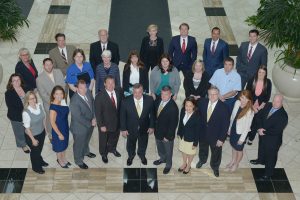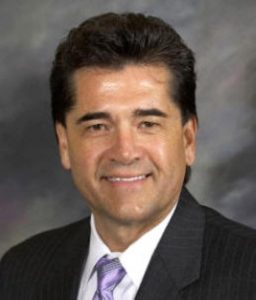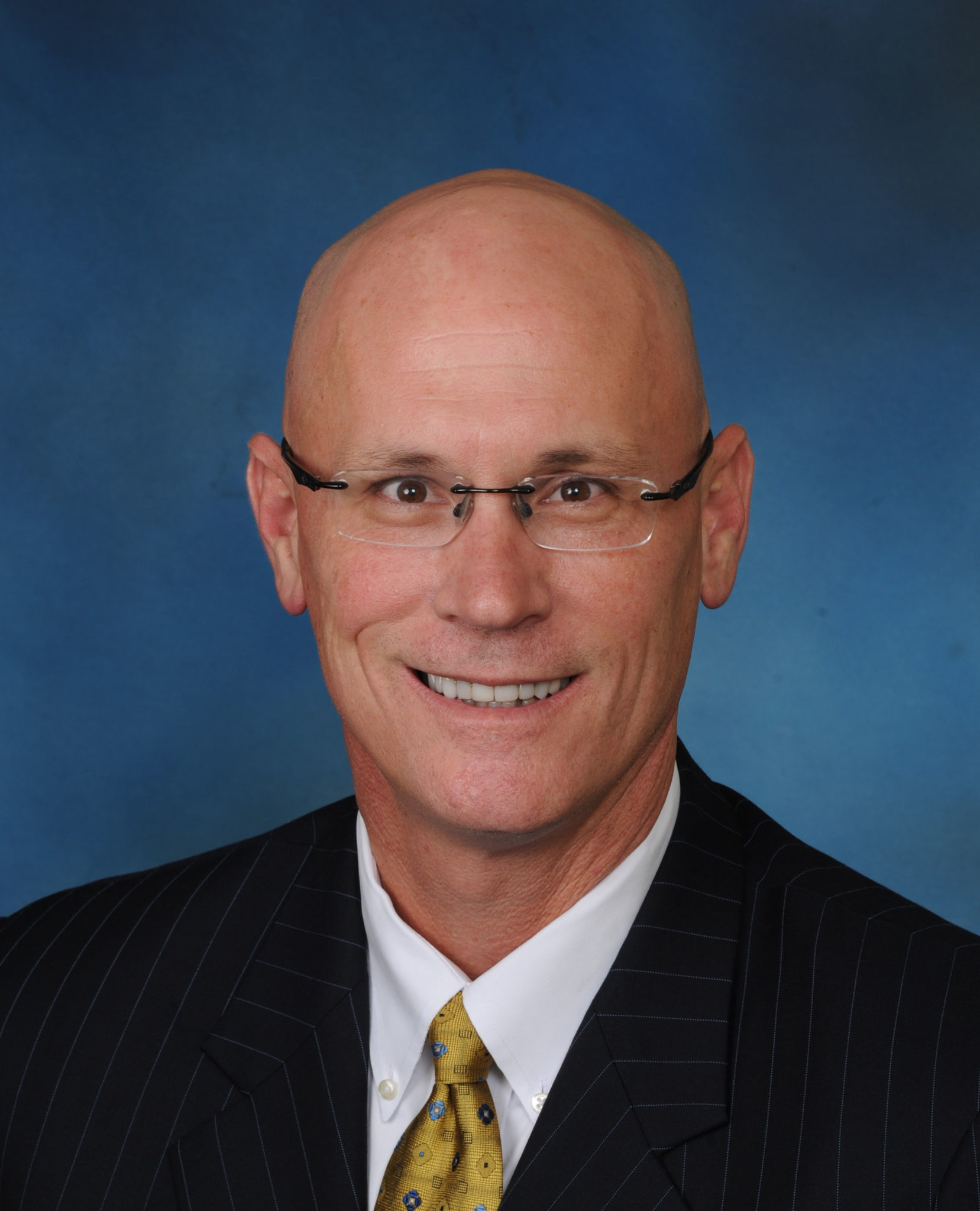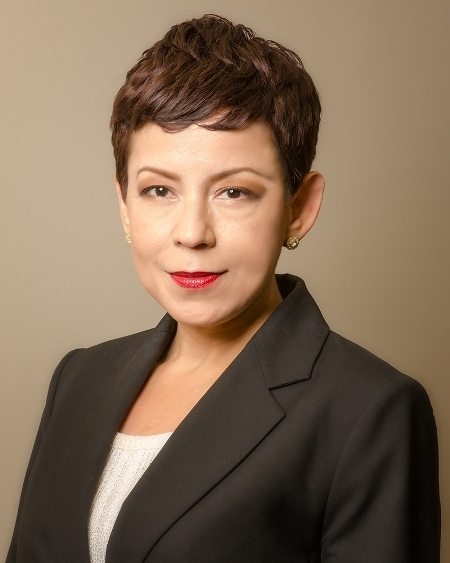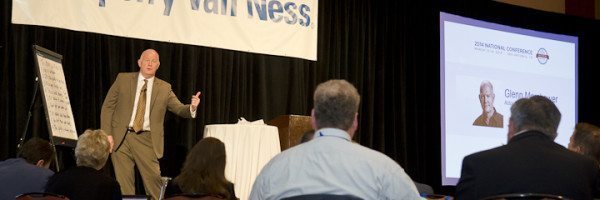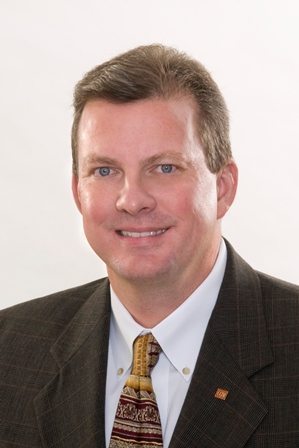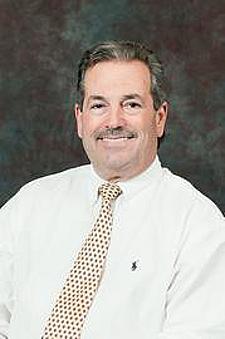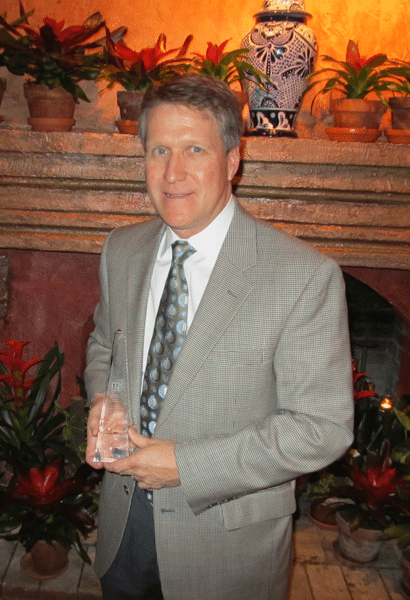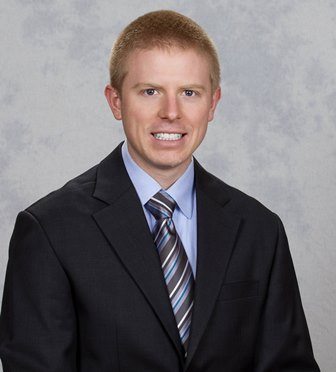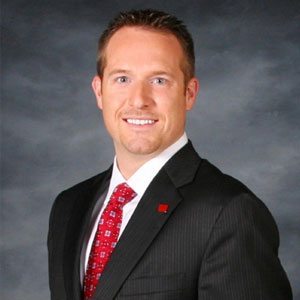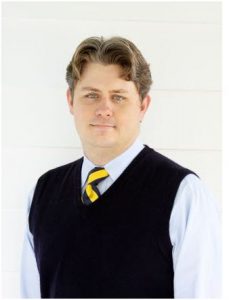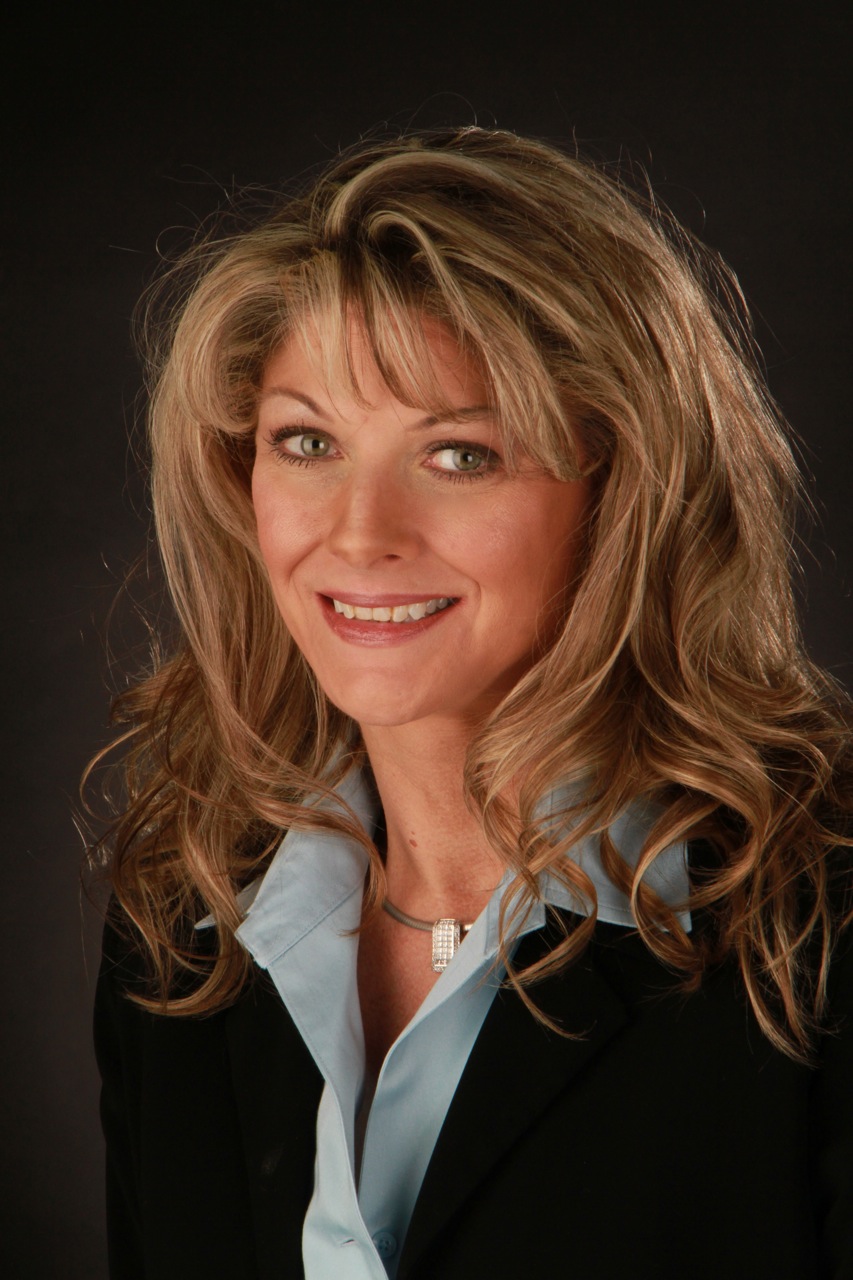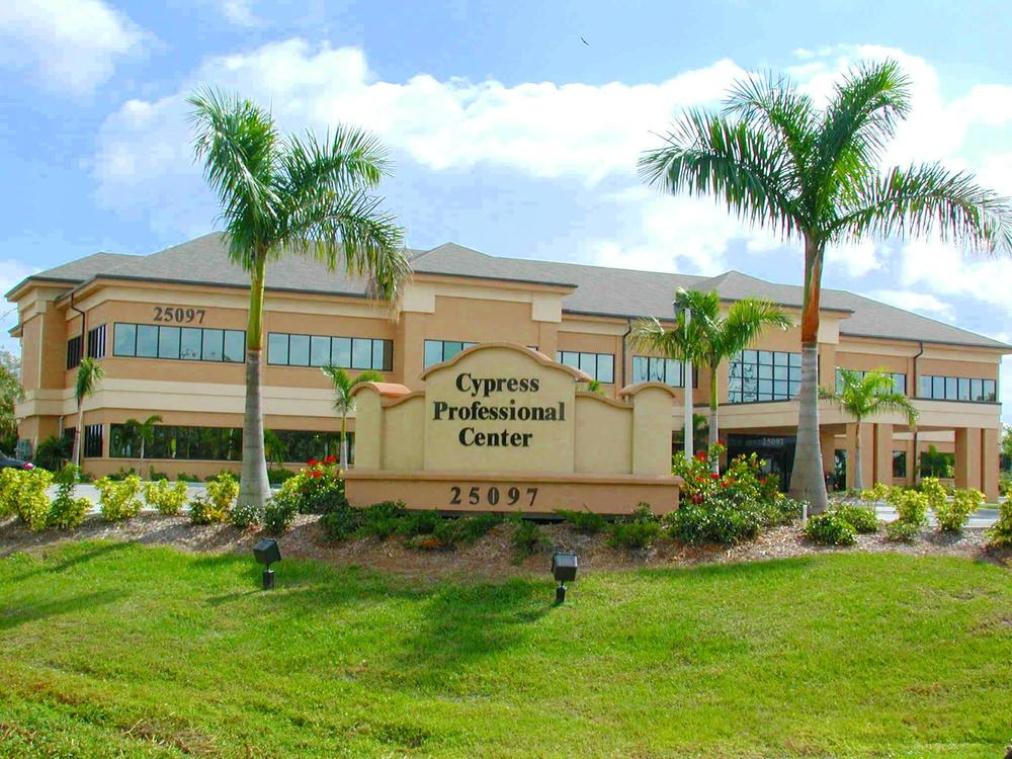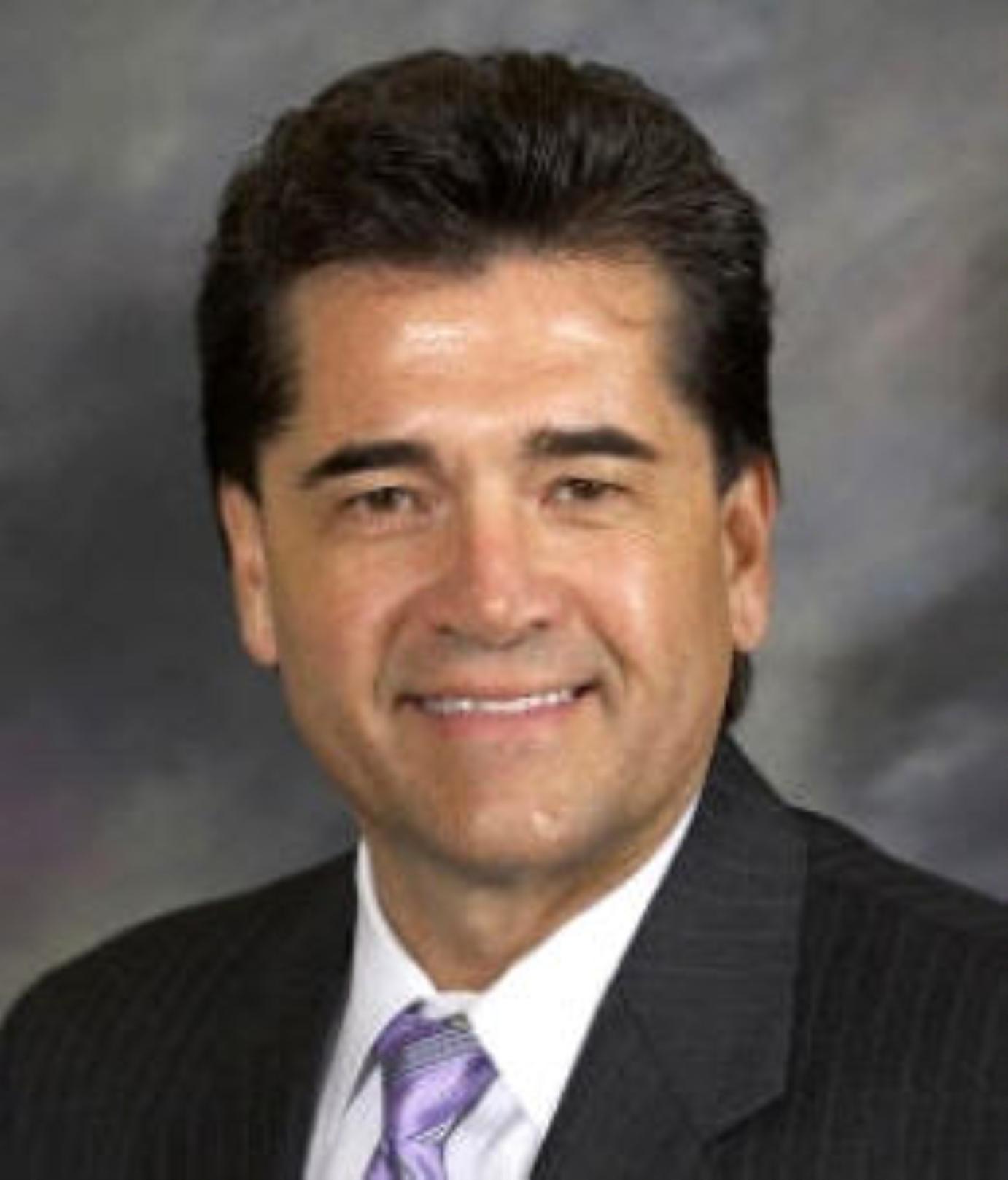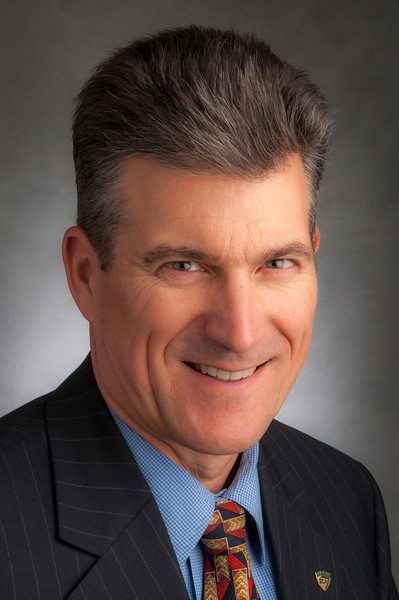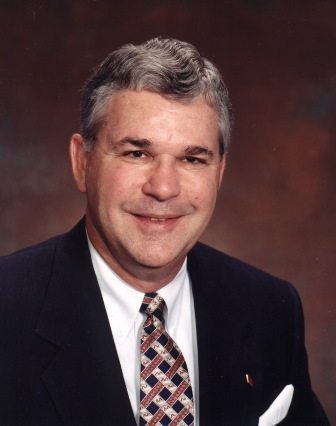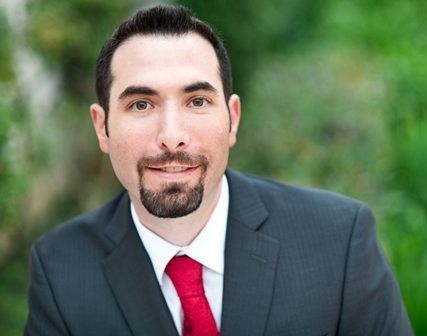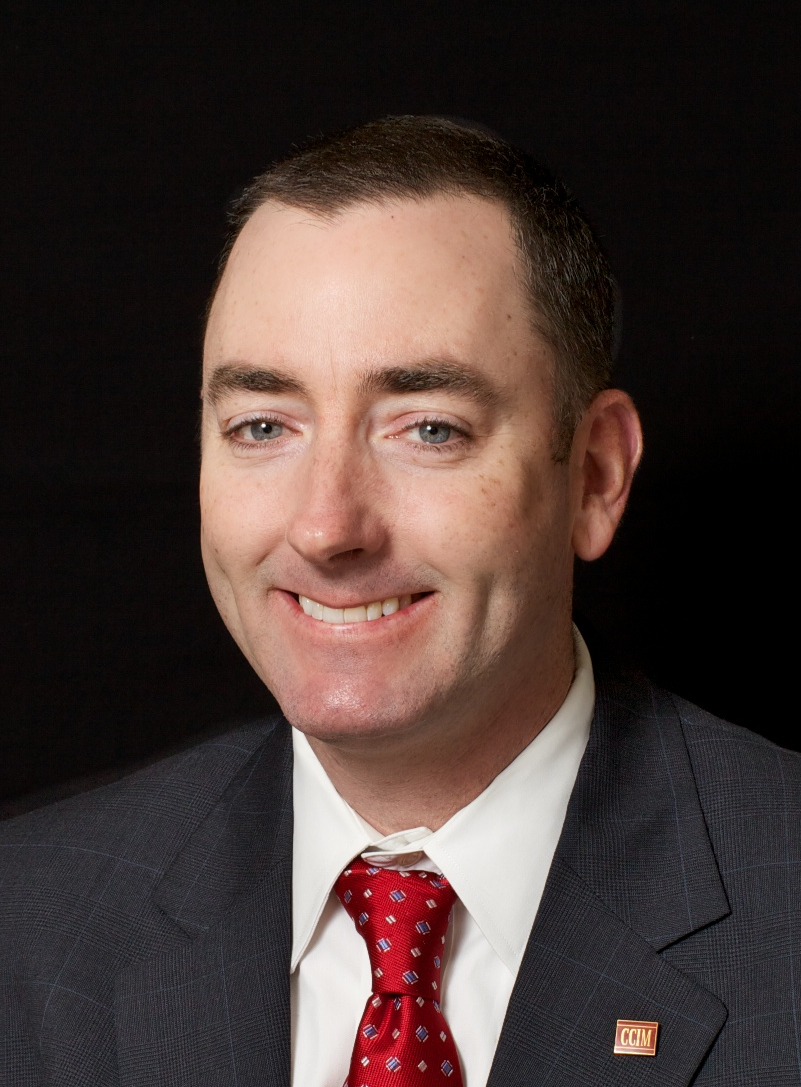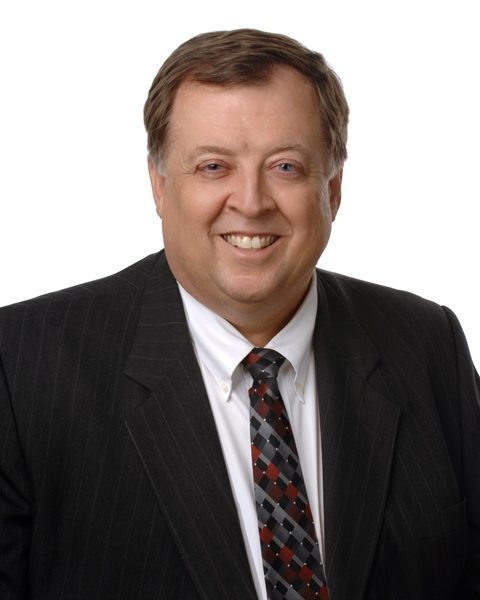Change Is On the Horizon for Commercial Real Estate
The digital revolution of the last decade has left no industry untouched. Companies across all sectors are leveraging advanced technologies — artificial intelligence (AI), mobile platforms, data analytics — to engineer innovative products, services, and customer experiences. The rapid and continual advancement of technology has ensured that it plays an integral role in our lives.
We are entering an era of “data ubiquity,” one in which a new generation of nimble, data-centric apps exploit massive data sets generated by both enterprises and consumers.1 In 2021, data is central to our existence — whether you’re a giant enterprise or an individual person.
These significant large-scale advancements have entirely reshaped consumer behavior. The proliferation of data sources, and the explosion of user data they generate, has created an environment in which consumers are more educated and savvy than ever before. As the table stakes rise across markets everywhere, consumer demands change, and service providers have to adapt in order to meet their expectations.
Adapting to ubiquitous digital connectivity is now essential to competitiveness in most sectors of our economy.2 Both established and start-up players in every industry are being forced to compete in new ways.
We hear it all the time: while the commercial real estate (CRE) industry has been slower than other industries to adapt to change, conditions are ripe for disruption. We’ve already seen the far-reaching impact of technology on residential real estate. Before the rise of IDX websites, home buyers relied on real estate agents to identify available properties. Today, 89% of people begin their search online.3 Database sites like Zillow and Trulia have enabled buyers and sellers to access market data instantly, with the click of a button.
The evolution of residential agents foreshadows the changes to come in CRE. Already, tenants and buyers are able to access commercial listings and data through free websites such as Crexi, and property owners can utilize these same websites to list properties without the help of a broker.
Although innovation has already begun to alter the role brokers play in CRE transactions, the ripples of change should not be feared. In fact, industry leaders are now face-to-face with immense opportunity: brokerages that choose to lean in and embrace technological advancement are sure to gain a sharp competitive edge through more efficient operating and delivering higher levels of client service.
Using Technology & Automation to Create Efficiencies
“Time is money,” they say, an old adage that certainly rings true for CRE.
Utilizing tech and automation streamlines operations and increasingly enables brokers and brokerage firms to eliminate the manual administrative tasks that typically slow processes down. Leveraging technology to work smarter, faster, and leaner allows brokers to focus their time on building strong client relationships, winning more listings, and maximizing their success.
In order to understand how CRE tech can and will pull us into the future of the industry, let’s discuss some of the common inefficiencies found within brokerage models today.
On the marketing side, creating and maintaining multiple pieces of marketing collateral, listings, and websites fosters data duplication and increases the odds of human error. When listing data changes, each piece of collateral must be individually updated and possibly reformatted.
Ensuring cohesive branding across all collateral and platforms is another vital yet time-consuming task for brokers. Simply put, a consistent brand is a recognizable brand. Greater brand recognition boosts credibility, creates a sense of reliability, and improves client loyalty. Creating, implementing, and maintaining templates for property flyers, offering memorandums, and personalized proposals for potential clients often requires a dedicated staff member with specialized training. For brokers who produce their own materials, these administrative tasks cut down on the time they have available to spend building the essential one-on-one relationships that close deals.
Long recognized as an early tech adopter, SVN has positioned the brand to be on the bleeding edge of CRE technology for over 30 years. SVN co-developed the industry’s first online publishing platform, Buildout. Available to all SVN offices, Buildout’s best-in-class software technology provides database management, pipeline reporting, back-office tools and more, enhancing your entire deal cycle in a single platform.
Buildout eliminates redundant administrative processes and increases productivity by automating and updating listing data across all marketing channels with one single click. SVN Advisors are able to utilize professionally designed templates to generate a wide range of marketing pieces and proposals so they can secure a listing more quickly and sell faster. In short, efficient and cohesive marketing technology effectively streamlines backend work and, in turn, generates more listings.
Buildout also streamlines back-office operations. Advisors can efficiently generate commission vouchers and track payable/receivable invoices and deposits. The platform also features a deal pipeline management dashboard with the ability to share listing activity reports with clients directly.
Much of the technology being used in CRE today streamlines the tedious back-and-forth of buying and selling of commercial real estate. Models like SVN, which leverage tech and automation to streamline operations, are able to provide greater value for their clients than competing firms operating under traditional methods.
Tapping Into Tech for Advisor Insights
Commercial real estate data is an enormously powerful resource. Ownership, transaction details, and the financials surrounding a property listing offer an endless number of insights that brokers can leverage to advise clients and win listings. However, curating data into meaningful reports manually is a time-consuming endeavor.
Real Capital Analytics (RCA) is the leading supplier and authority on data that drives commercial real estate. All SVN Advisors have access to the entire U.S. Portal (including Canada) to use RCA’s unique knowledge and perspective coupled with timely transaction data. This includes access to their 100,000+ detailed investor bios and their valuable intelligence on marketing and pricing, capital flows, and investment trends. Additionally, RCA regularly provides informative newsletters and bulletins which can be used to support marketing efforts.
Collaborative data exchange services, such as CompStak, are quickly gaining popularity in CRE. Compstak is a free broker-focused platform that compiles lease comparables and allows users to filter by submarket, base and effective rent, asset class, transaction size, and more. Brokers are able to exchange comps for credits and redeem those credits for other comps when needed.
Ultimately, brokers who tap into the sophisticated data tools available in the market today will continue to differentiate themselves from the competition and bring greater value to their clients.
Staying Ahead of the Curve
Executives in every industry are keeping a close eye on emerging technologies and the correlation to their business, from impact to leverage. For CRE, evolving tech and automation trigger fundamental shifts in client demands, expectations, and behaviors. SVN is positioned on the forefront of these industry changes, continually adapting to remain ahead of the curve in order to provide value for our clients and communities.
Clients today expect a fast, seamless experience from start to finish — powerful search capabilities, a transparent brokerage process, on-demand flexibility at every stage. SVN utilizes emerging tech and automation in its platforms to provide clients with analyses of current market conditions, investments, future opportunities, and new projects. SVN uses new tools and technologies to analyze information from multiple data sources, inclusive of the valuable data clients already have, and then provide actionable insight to clients that goes way beyond the transaction.
The effects of tech and automation in the industry won’t negate the need for experienced and knowledgeable CRE professionals. Rather, brokerage models like SVN understand that technology could be a key enabler for talent transformation, allowing companies to streamline existing talent systems and processes, drive efficiencies, and make more informed and effective decisions.4
Models like SVN, which embrace automation, collaboration and cooperation, are uniquely positioned to take market share in this era of change, as client behaviors and expectations evolve.
For CRE professionals, leaning into the adoption of new technologies will enhance the selling and buying experience for clients now and in the future. Companies that move to embrace these changes in technology will find that both they and their clients benefit from it. Those who choose to embrace collaboration and harness innovative technologies are the ones who will bring the future forward, make real change, and help to redefine the CRE industry.
Endnotes
- https://www.informationweek.com/big-data/big-data-analytics/the-age-of-data-ubiquity-sensors-spread/d/d-id/1109327?
- https://hbr.org/2014/11/digital-ubiquity-how-connections-sensors-and-data-are-revolutionizing-business#:~:text=Adapting%20to%20ubiquitous%20digital%20connectivity,most%20sectors%20of%20our%20economy.&text=We%20have%20seen%20that%20digital,replacement%20but%20connectivity%20and%20recombination
- https://ipropertymanagement.com/research/zillow-statistics
- https://www2.deloitte.com/us/en/insights/industry/financial-services/future-of-commercial-real-estate-talent.html




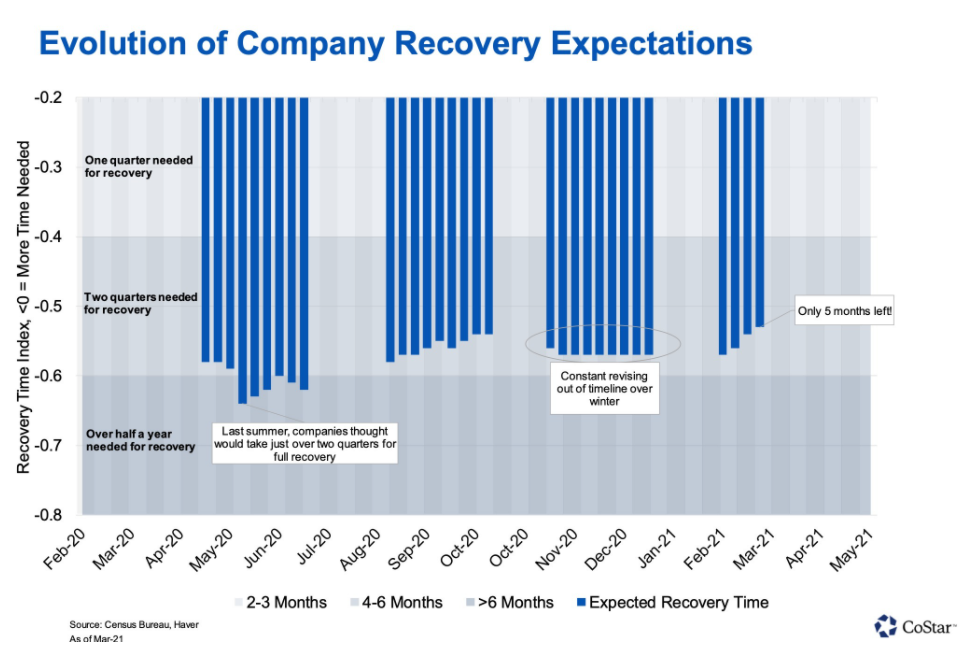
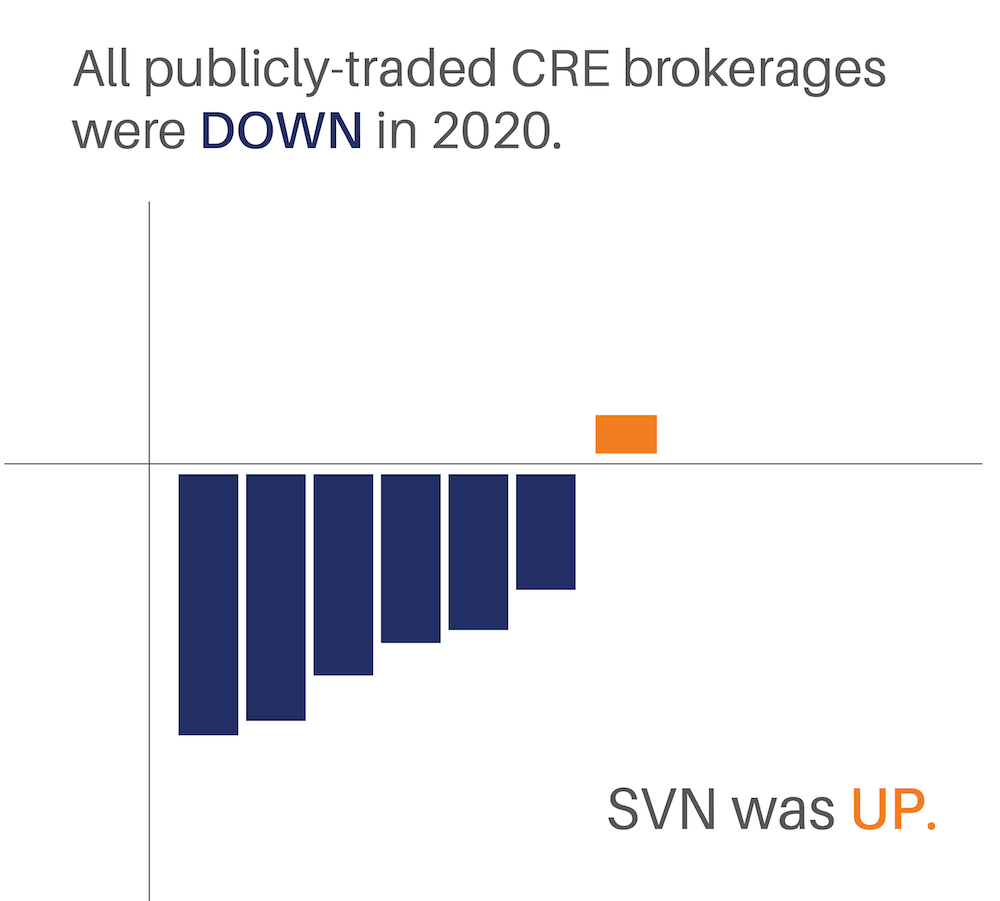

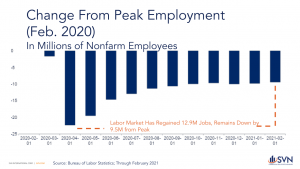
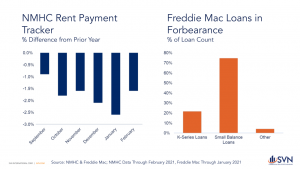


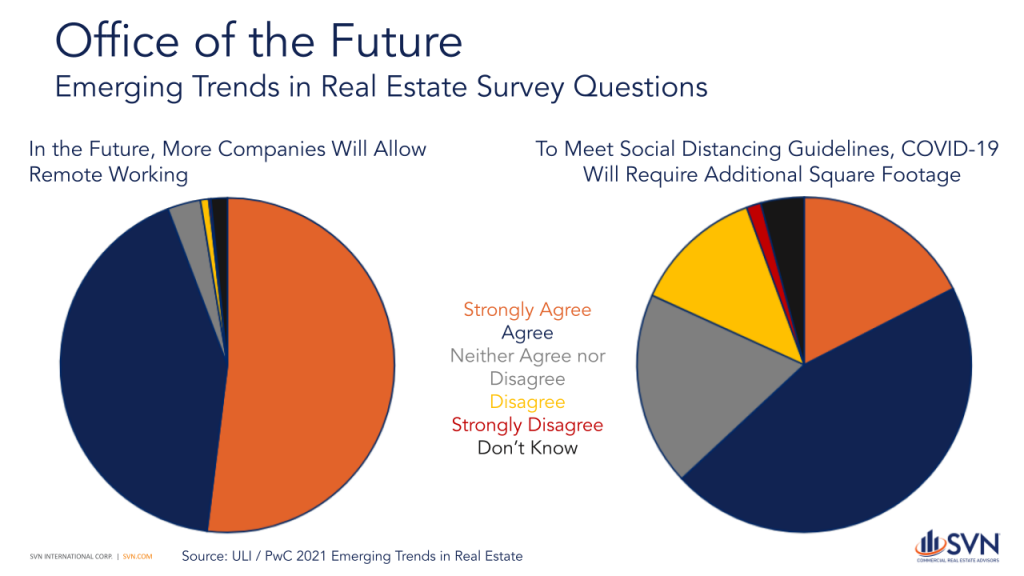
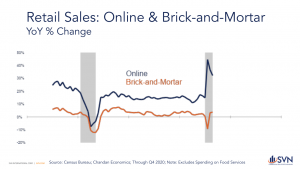
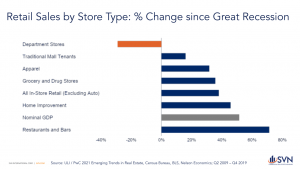

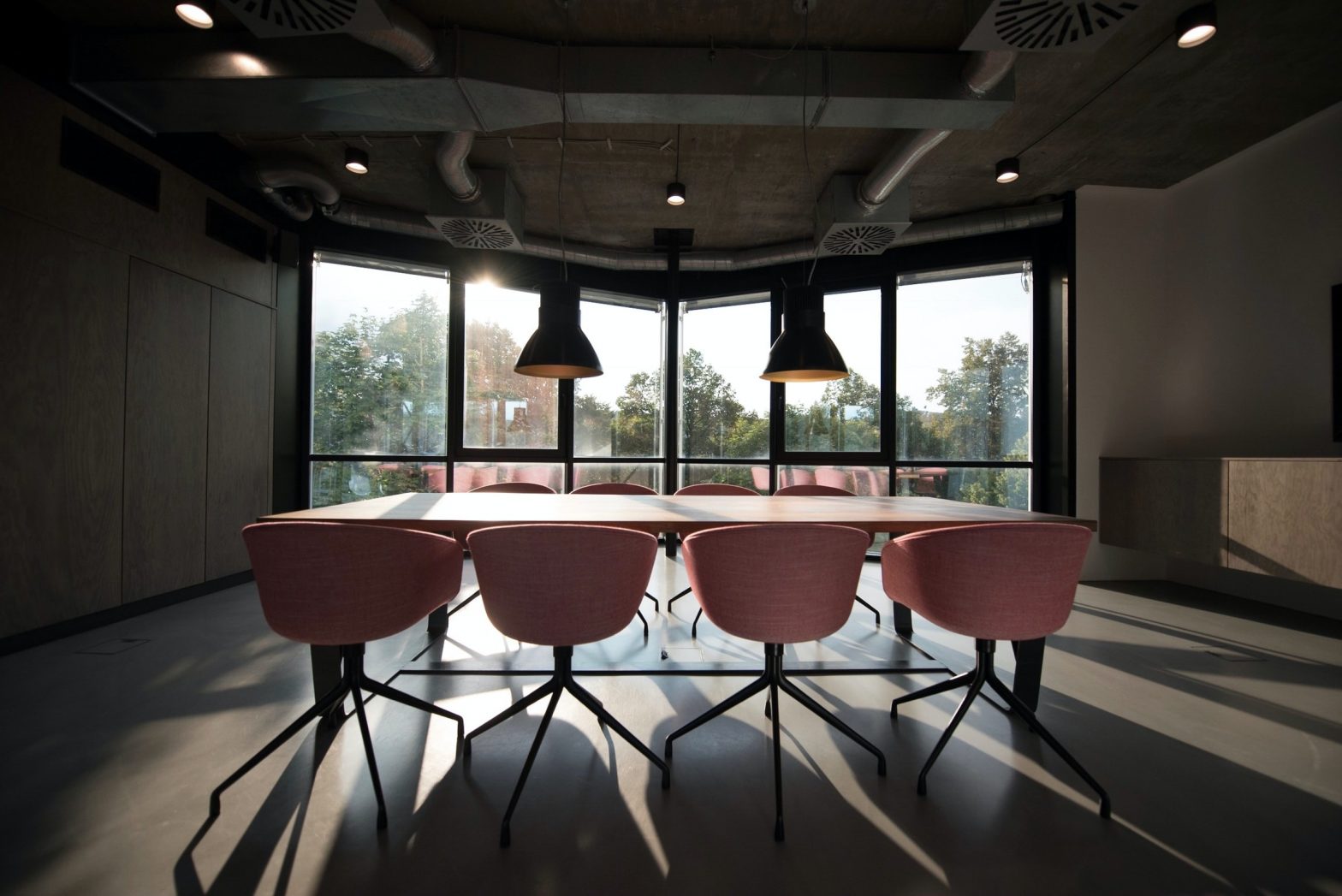




 I’ve observed that the concept of CRE investments carry a pretense of the dreaded idea of “debt” among my generation. Millennials seem to believe that these opportunities are too overwhelming and are better left for the future. Having observed the market crash in 2008, this generation is often hesitant about spending money on investment properties. We find it easier to simply set our money aside in savings. However, investing in commercial real estate is not something that we should be intimidated by at all. Quite the contrary! CRE investments should be something that we look to as a profit tool. It should be viewed as an opportunity to put our money somewhere that can appreciate in value.
I’ve observed that the concept of CRE investments carry a pretense of the dreaded idea of “debt” among my generation. Millennials seem to believe that these opportunities are too overwhelming and are better left for the future. Having observed the market crash in 2008, this generation is often hesitant about spending money on investment properties. We find it easier to simply set our money aside in savings. However, investing in commercial real estate is not something that we should be intimidated by at all. Quite the contrary! CRE investments should be something that we look to as a profit tool. It should be viewed as an opportunity to put our money somewhere that can appreciate in value.
 Mixed-use properties in Cook County offer a unique tax advantage over strictly commercial properties. A mixed-use property’s assessed value is based on 10% of market value while a commercial property’s assessed value is based on 25% market value. Based solely on classification, two properties with identical market values may have dramatically different real estate tax liability.
Mixed-use properties in Cook County offer a unique tax advantage over strictly commercial properties. A mixed-use property’s assessed value is based on 10% of market value while a commercial property’s assessed value is based on 25% market value. Based solely on classification, two properties with identical market values may have dramatically different real estate tax liability. SVN Advisor
SVN Advisor 

 Sperry Van Ness International Corporation is pleased to congratulate
Sperry Van Ness International Corporation is pleased to congratulate 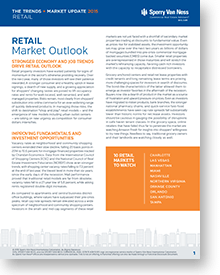


 plan to sell, it is best to sell with ten years left or a minimum of five years. If you have less than five years remaining, you may need to hold until the renewal or be prepared to take a significant discount. It’s important to have a plan in place when you purchase a NNN investment as to how long you will hold and when to exit the investment. A real estate investment professional can help you evaluate the best time to dispose of an investment in light of the market conditions.
plan to sell, it is best to sell with ten years left or a minimum of five years. If you have less than five years remaining, you may need to hold until the renewal or be prepared to take a significant discount. It’s important to have a plan in place when you purchase a NNN investment as to how long you will hold and when to exit the investment. A real estate investment professional can help you evaluate the best time to dispose of an investment in light of the market conditions.
 One of the mistakes I often see both new and seasoned investors make is to not properly define their investment parameters before getting started. This is important because it sets the course for the strategy and allows you to execute the plan more efficiently; and ultimately be more successful, because you have a baseline to which you can compare your investment portfolio.
One of the mistakes I often see both new and seasoned investors make is to not properly define their investment parameters before getting started. This is important because it sets the course for the strategy and allows you to execute the plan more efficiently; and ultimately be more successful, because you have a baseline to which you can compare your investment portfolio. Once you have defined investment parameters, the next step is to educate yourself. You need to study your respective market, in the particular product type niche or niches you have chosen. Research sale comparables and what properties are on the market for sale. This is where teaming with a trusted real estate advisor, like those at a Sperry Van Ness office, can greatly enhance the success of implementing your strategy. Picking a great commercial real estate advisor who specializes in the niche product type is critical to being able to quickly get up to speed and accomplish your goals (see our other post “
Once you have defined investment parameters, the next step is to educate yourself. You need to study your respective market, in the particular product type niche or niches you have chosen. Research sale comparables and what properties are on the market for sale. This is where teaming with a trusted real estate advisor, like those at a Sperry Van Ness office, can greatly enhance the success of implementing your strategy. Picking a great commercial real estate advisor who specializes in the niche product type is critical to being able to quickly get up to speed and accomplish your goals (see our other post “ Every commercial real estate deal needs to have an exit strategy. It’s important to think about this exit strategy early on; in fact, before the purchase is even made. Granted there will be times when the exit strategy will change, due to rising or falling market conditions, or supply and demand, and you will have to adjust your exit strategy. The main point here is that an exit strategy needs to contemplated in the beginning, not the end of a commercial real estate transaction. If you buy an office building at an 8% cap rate that is 70% occupied and your plan is to spruce it up, apply aggressive leasing tactics with a CRE advisor, and increase the revenues, only to find out later that the market for those types of investments are trading at 8.75% cap rates, due to the smaller tertiary market the property is in and the smaller, shorter term leases, then your exit strategy is flawed because the market will not pay you for the work you have done. Of course, this is a simplified example. The point is, have a defined strategy to exit the investment at the proper time, and always be willing and able to review your exit strategy and make adjustments. In the words of a favorite Kenny Rogers song, sometimes “you got to know when to hold ‘em and know when to fold ‘em, know when to walk away, know when to run!” Hope is NOT an exit strategy.
Every commercial real estate deal needs to have an exit strategy. It’s important to think about this exit strategy early on; in fact, before the purchase is even made. Granted there will be times when the exit strategy will change, due to rising or falling market conditions, or supply and demand, and you will have to adjust your exit strategy. The main point here is that an exit strategy needs to contemplated in the beginning, not the end of a commercial real estate transaction. If you buy an office building at an 8% cap rate that is 70% occupied and your plan is to spruce it up, apply aggressive leasing tactics with a CRE advisor, and increase the revenues, only to find out later that the market for those types of investments are trading at 8.75% cap rates, due to the smaller tertiary market the property is in and the smaller, shorter term leases, then your exit strategy is flawed because the market will not pay you for the work you have done. Of course, this is a simplified example. The point is, have a defined strategy to exit the investment at the proper time, and always be willing and able to review your exit strategy and make adjustments. In the words of a favorite Kenny Rogers song, sometimes “you got to know when to hold ‘em and know when to fold ‘em, know when to walk away, know when to run!” Hope is NOT an exit strategy. About Carlton Dean – Carlton has nearly 20 years of experience in the commercial real estate industry, with a special focus in the retail and multifamily sectors. Carlton is based in Tallahassee, Florida, but serves clients throughout the entire Southeastern US.
About Carlton Dean – Carlton has nearly 20 years of experience in the commercial real estate industry, with a special focus in the retail and multifamily sectors. Carlton is based in Tallahassee, Florida, but serves clients throughout the entire Southeastern US. 


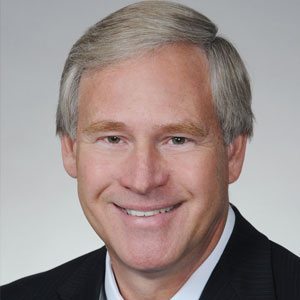


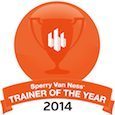









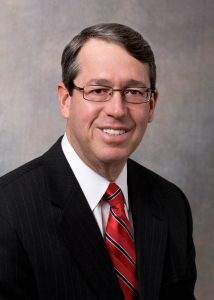
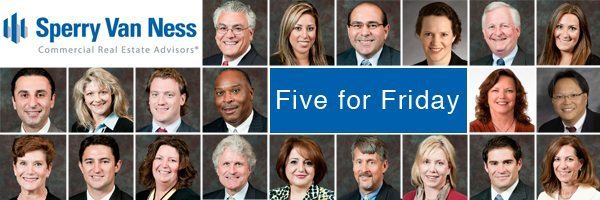
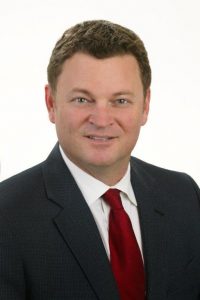


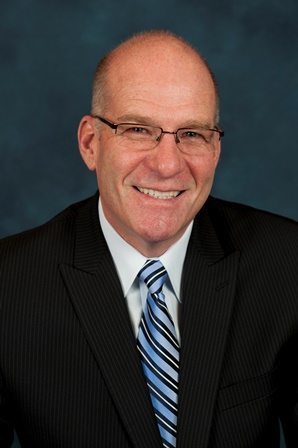
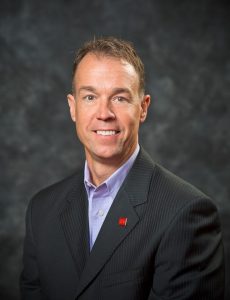

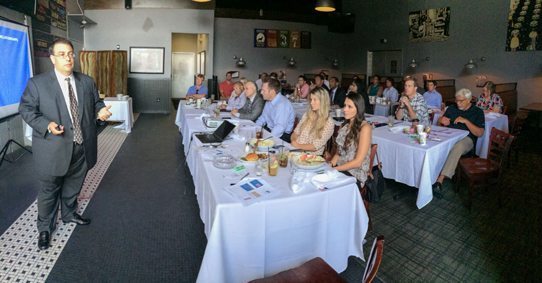
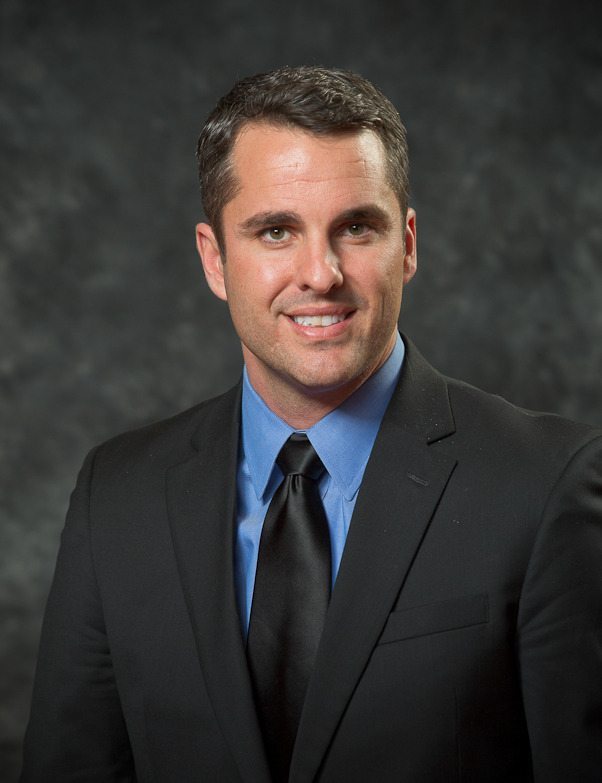
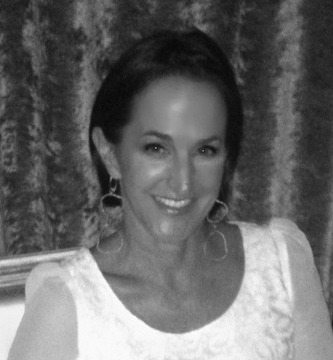
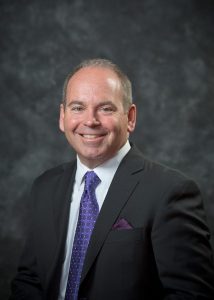 1. What is your geographic market and product specialty?
1. What is your geographic market and product specialty?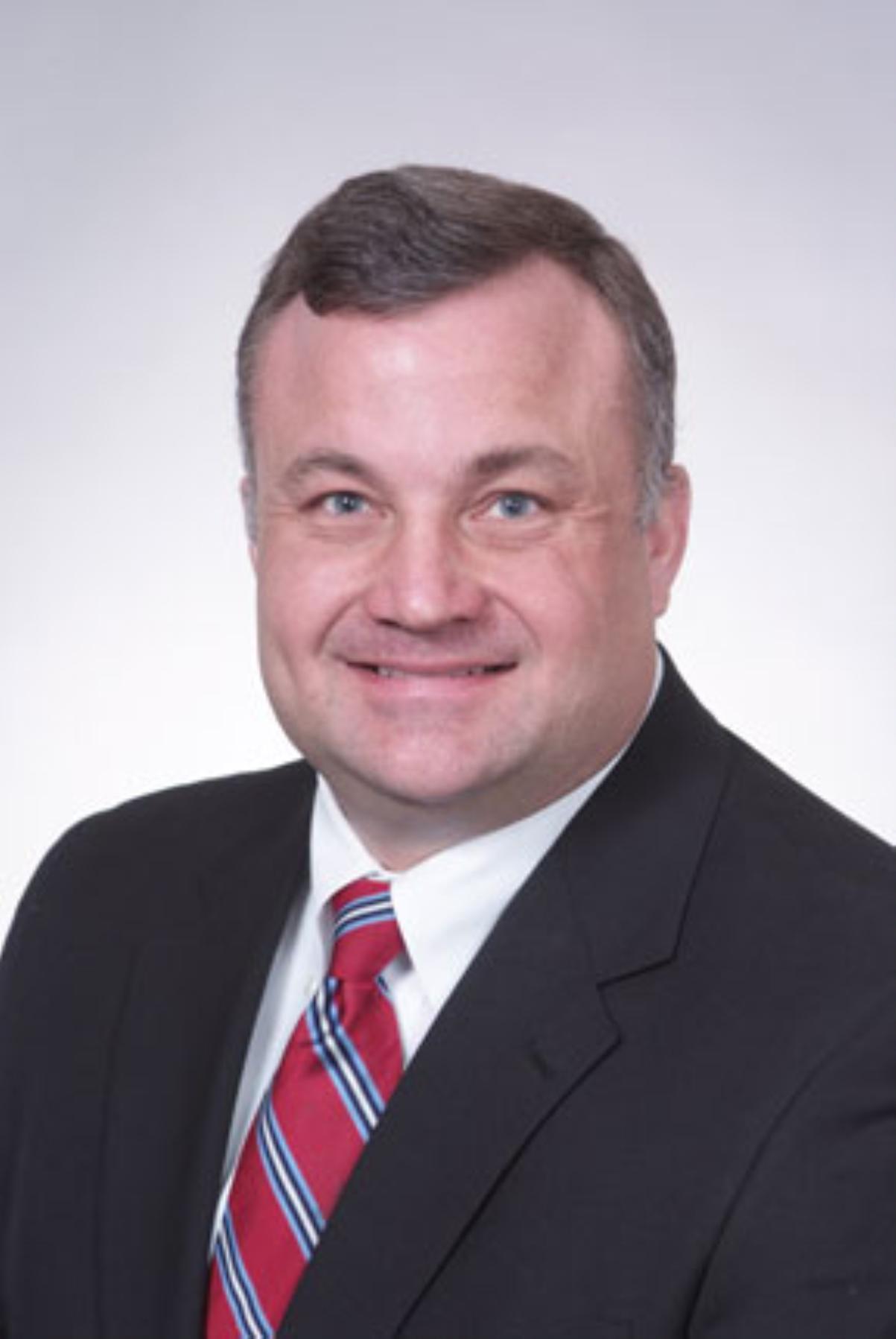 1. What has been your strategy for growing your firm and also your market share?
1. What has been your strategy for growing your firm and also your market share?
